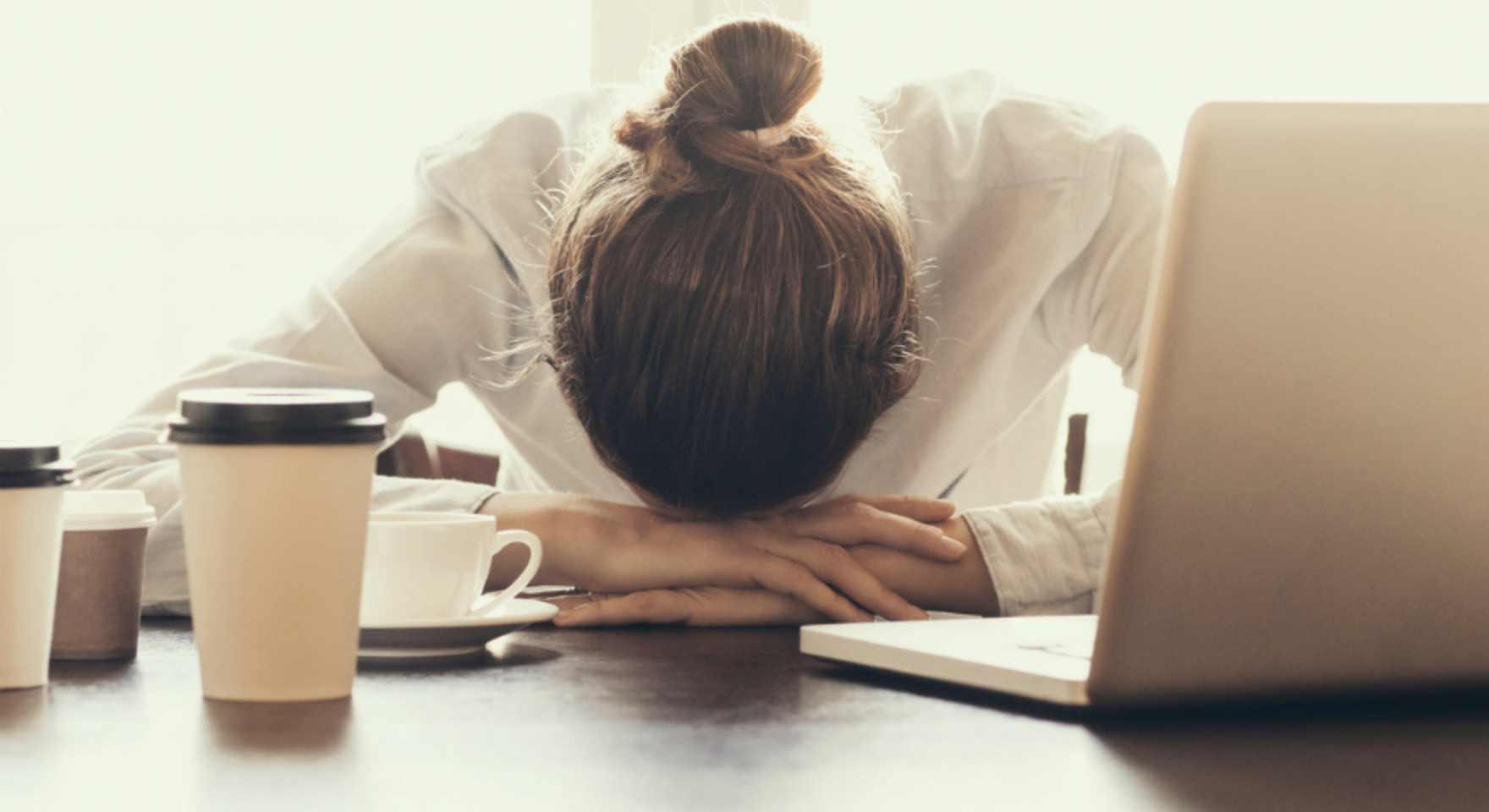By Bridget Edwards, Stress Expert and Author of the book Stress Gone! How to Identify and Reduce Stress Easily
In today’s world where high powered economic drive and corporate profiteering are the order of the day, the stressful pressures of even the most ordinary job or workplace are probably the biggest source of one’s daily stress. Demanding bosses, impatient clients, and every increasing deadline pressures put most people under enormous pressure. Today’s work stress and pressures are on the increase.
Over and above work demands, communications such as emails, cell phones, social media, radio and TV add pressure by constantly demanding people’s attention, diverting focus and concentration. There seems to be no time for vital breaks during the course of a day to completely switch off, and still the mind. Continuous information bombardment and overstimulation compounds daily stress.
According to Andrea Baird MD, more than 32% of Americans cite workplaces stress as one the main stressors in their lives. Naturally, this stress extends far beyond the office environment as stress from a job can affect both personal and professional relationships. In turn, continual stress can affect one’s health, increasing the risk of illness and disease. Jenna Goudreau says the average business professional has anything between 30 to 100 projects on their plate. Modern workers are interrupted seven times an hour, and distracted up to 2.1 hours a day. And, four out of ten people working at large companies are experiencing major corporate restructuring, therefore facing uncertainty about their futures. This may be why more than 40% of adults say they lie awake at night plagued by the stressful events of the day. Everyone feels overwhelmed and overly busy.
Although stress at work can be beneficial for some because it motivates and inspires them to be driven and achieve goals, not everyone responds well to stress. For most people, stress is overwhelming and debilitating, and with continuous stressful demands they run the risk of illness and disease.
Here are 6 work related tips to help you create a healthier and more enjoyable working environment and lifestyle:
1. Figure out what stresses you out
This involves keeping a stress journal or making a note over a week of what people or events increased your stress levels. Make a note of how each situation made you feel, how you responded, and what you wished was different. After several days, review your journal, and note one stressor you think you can change. Perhaps it is how you respond to a colleague, or last minute deadlines. Make this stressor a priority, finding ways it could be resolved differently. Decide on a game plan then implement it. If that tactic doesn’t work, try another until you find a strategy that works for you. Alternatively, seek professional assistance.
2. Don’t be afraid to ask for help
Perhaps it is nerve-wracking to ask someone else for help, but if it keeps you from getting behind or making costly errors, it is absolutely worthwhile to muster the courage to ask. They might have valuable insights or information that can help you do your job better and faster. In many cases, people will often respect you more for opening up, and making your stress known.
3. Give yourself adequate breaks
There is a lot to be said for a 15 minute break. When you allow yourself to walk away from your desk for a moment, you clear your brain and refresh your internal work batteries. Don’t reach for a cigarette while taking your break. Nicotine acts similarly to stress on your body, keeping it in a tense state. Instead, take a brisk walk around the block.
4. Move when you can
Desperate for a quick pick-me-up in the office? Think a cup of coffee is just what the doctor ordered? Not so fast! Research shows coffee or caffeine isn’t the best source of energy. Instead, take a quick walk outside. The natural scenery gives you a boost of energy as does the exercise. In fact, ten minutes of exercise three times a day is just as beneficial as one thirty minute session. In addition, drinking plain still water is also far healthier, and helps the body and brain to cope with, and process stress more successfully.
5. Be organised
Know exactly what needs to be done. Keep a check list. Write things down when you are speaking to colleagues, clients or in meetings. Create a system which can help you to get routine tasks done efficiently. Create a standardised document that can easily and quickly be sent to clients or colleagues. Create a follow up process. Do whatever it takes to streamline your work. The more you do this, the less stressed you will be and the more successful you will become.
6. Avoid stressed people
The choice of people we regularly associate with can have a profound impact upon us, either positively or negatively. Negative interactions with some people can leave us feeling drained and exhausted. We all know people who are akin to being toxic energy vampires. It is well known that our physiology is programmed to mirror the physiology of the people around us, or our environment, not simply inherited from family. In other words, we can ‘catch’ stress from other people, just as happiness and laughter is also infectious and ‘catchy’.
Bridget Edwards is a South African entrepreneur, author and emotional change catalyst. She is passionate about helping people overcome their emotional obstacles and personal challenges. She does this through speaking engagements, training (workshops), and private consultations. Bridget has authored two self-help books, Anger gone! How to Easily Defeat Anger, and Stress Gone! How to Identify and Reduce Stress Easily. She continues to write self help programs to assist people in dealing with their personal obstacles. www.Bridget-Edwards.com
Read more of Bridget's blog posts....











